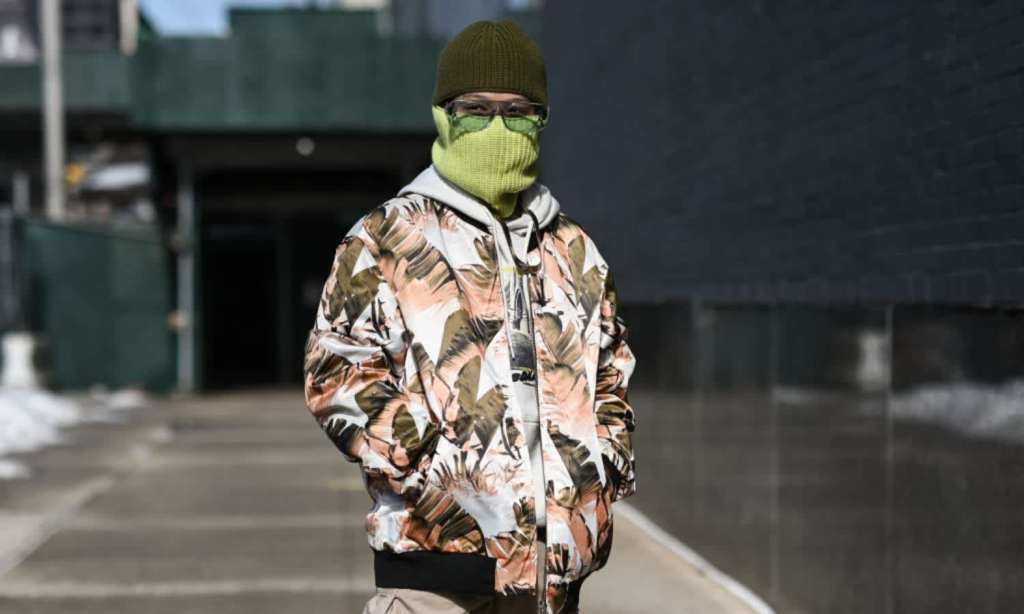Wearing glasses can be annoying at the best of times, but in the time of coronavirus, it really wields a double-edged sword. Wear a mask and glasses, you can’t see (due to fogging). Wear just a mask? You can’t see (due to eyesight). Wear just glasses? Put your mask back on.
But now, glasses-wearers have been offered a fragment of hope. A small study out of India has suggested that wearing glasses makes you three times less likely to be infected by COVID-19.
How? Well, not only can COVID be spread by respiratory droplets — which we all know about now (see: masks) — but it can also enter the body by people touching their eyes, nose or mouth after coming into contact with the virus. And if you have glasses, apparently, you’re less likely to touch your eyes.
At least, that’s what the study found. It looked at 304 people at a hospital in Northern India, aged between 10-80, who had all presented symptoms. And out of those people, 19% reported wearing glasses most of the time. Participants touched their face up to 23 times per hour (on average), and their eyes three times per hour (also on average). As for the glasses wearers? The risk of contracting COVID was two to three times lower.
A similar study, published in JAMA Ophthalmology and conducted in China, found that in patients with COVID-19 who wore glasses for extended daily periods (we’re talking over eight hours a day), was smaller than that in the general population. Meaning? Daily wearers of eyeglasses may be less susceptible to COVID-19.
However, further research is needed in this area. The study coming from India is not yet peer-reviewed, meaning it’s yet to be evaluated by the medical community. And the latter study, from China, drew criticism from Optometry Australia, with chief clinical officer Luke Arundel saying that more studies were needed.
Read more stories from The Latch and subscribe to our email newsletter.

